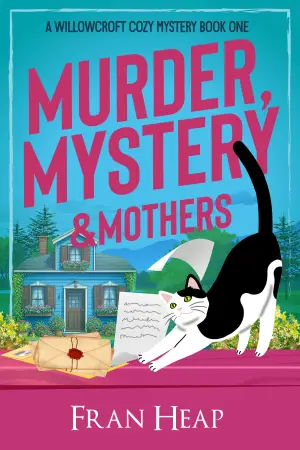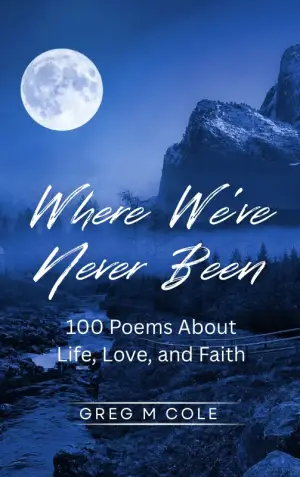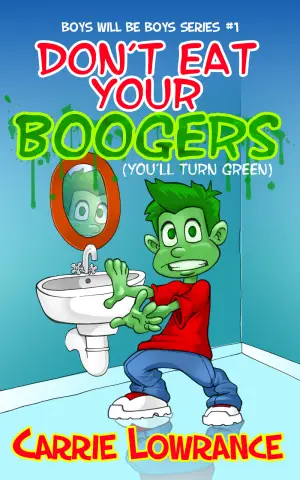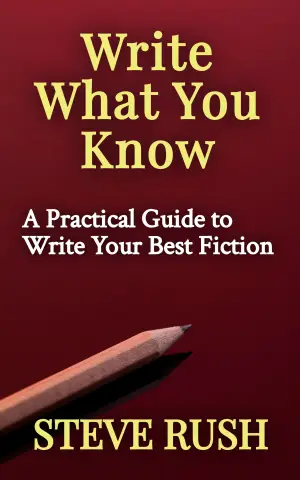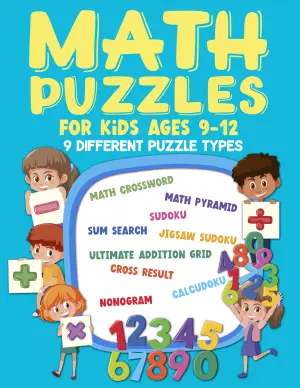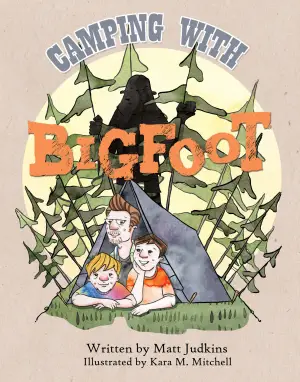A Dive into the Drama of "The Boomerang" by James F. Smith
When I first stumbled upon "The Boomerang" by James F. Smith, I was instantly intrigued by the promise of a political thriller steeped in personal conflict. The cover, with fiery colors hinting at drama and tension, practically called to me: was I about to unearth a narrative that bridged friendship and power, politics and personal turmoil? Despite some mixed reviews suggesting the novel strays more into soap opera territory, my curiosity got the better of me, and I eagerly jumped in.
From the first pages, the dynamic between Lionel and Eli captured my attention. Best friends since childhood in Alabama, the duo’s relationship is foundational yet complex. Lionel, newly inaugurated as President, harbors the devastating secret of his impending death from cancer. Eli, serving as Chief of Staff, finds himself thrust into a whirlwind of moral dilemmas when his own daughter is diagnosed with terminal lung cancer. The emotional stakes elevate the narrative, drawing readers into the turmoil of family bonds, ambition, and ethical quandaries.
Yet, as the plot unfolds, it becomes clear that the novel depends heavily on melodrama over realism. While the stakes are high, there’s a noticeable lack of believability in the political machinations and relationships portrayed. Characters like Dana, Eli’s estranged wife, and Nestor, the wealthy campaign contributor with shady dealings, are steeped in moral bankruptcy, and while their actions are meant to elicit sympathy, I often found it hard to connect. "The Boomerang" is rich in conflict, but it skews toward sensationalism, sacrificing authenticity along the way.
Smith’s writing style is accessible and engaging, capturing the urgency of the characters’ predicaments, but it occasionally felt rushed—especially in scenes that could’ve explored the intricate layers of political maneuvering. As I tussled with plot holes and some laughable coincidences, I found myself longing for deeper insights into the realities of the White House and political life in DC. The glimmer of hope for an intelligent political thriller fizzled out under a barrage of implausible twists and cliché character motivations.
However, I would be remiss if I didn’t acknowledge the emotional weight that underpins the story. Scenes laden with the harsh reality of cancer treatment and familial bonds were poignant and resonated deeply with me. They make you reflect on the fragility of life and the difficult choices we must often make—something that truly struck a chord.
Ultimately, "The Boomerang" may not satisfy those seeking a meticulous political drama akin to "All the King’s Men" or "House of Cards." But readers intrigued by family dynamics set against the backdrop of a high-stakes political game may find it entertaining. If you can overlook the stretch of credulity, there’s a certain enjoyment to be found in its emotional conflict.
As I close the book, I’m left pondering not just the story, but what it means to grapple with ethical choices. If you’re in the mood for high drama and conflict, "The Boomerang" might just be the escapism you’re looking for—it certainly was for me.

